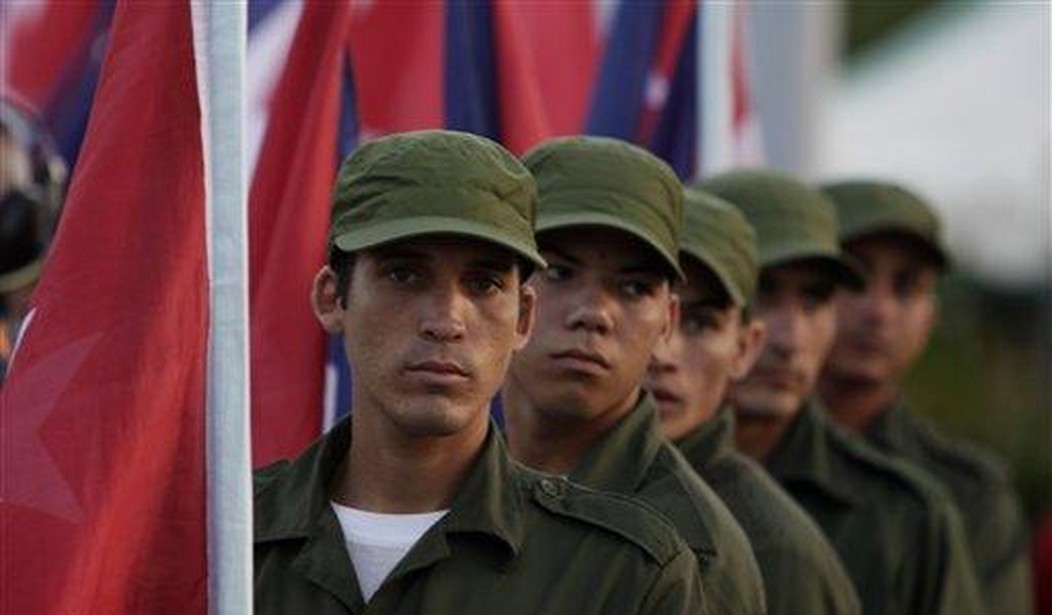Two days after the Cuban foreign ministry claimed that the island's regime discovered a human trafficking ring responsible for impressing Cubans into military service under Russian command in Ukraine, The Intercept posted excerpts from documents hacked from an email account belonging to a Russian military officer.
Statement by the Ministry of Foreign Affairs
— Cancillería de Cuba (@CubaMINREX) September 5, 2023
📌#Cuba 🇨🇺counters human trafficking operations aimed for military recruitment purposes.
🔗https://t.co/YHmmUJ0Ppm pic.twitter.com/uF5VyFG2gl
The hackers belong to a pro-Ukrainian cyber group called "Cyber Resistance." In April, Cyber Resistance took credit for hacking the email account of Lt. Col. Sergey Morgachev, a Russian officer the Justice Department linked to the 2016 hacking of the Democratic National Committee.
Among the cache of documents seized were 122 passports belonging to military-aged males and Spanish language enlistment contracts. The emails and documents suggest the Russians are training Cuban recruits at a facility in Tula, south of Moscow.
In March, Russia accused the Ukrainians of launching a drone attack upon Tula.
More details from the hacked documents:
The contracts promise “a one-time cash payment in the amount of 195,000 rubles,” about $2,000, for the Cubans signing on to serve in the zone of the “special military operation” (the Kremlin euphemism for the war in Ukraine) and monthly payments starting at “204,000 rubles per month,” or just over $2,000, depending on rank, along with several spousal and family benefits. So far, these types of official Russian military contracts geared toward foreign nationals have mostly been discussed in regional media reports (such as those targeting ethnic Russian men in former Soviet republics, according to the British Ministry of Defence).
One set of images in the hacked documents shows single passports with a hand holding up entry cards into Russia above them, revealing that a group of at least five Cuban men entered the country through Belarus, a key Kremlin ally, on July 1. A little over a month before that arrival date, a senior Belarussian military official made a public show of pledging to train Cuban troops on its territory.
While the hacked documents do not include signed enlistment contracts for the Cubans, some of the Cubans in the array of passport scans were easily found through Facebook profile searches, and some of them openly posted about relocating to Russia and posed in locations around the Tula region. One of them not only updated his Facebook profile with details that he traveled from Santiago de Cuba to Russia in early July, but also posted a flurry of videos with a new Russian passport and in front of tank columns with the trademark Russian “Z” spray-painted on the sides.
In Monday's statement, the Cuban government denied it was involved in the Ukrainian war.
"Cuba’s enemies are promoting distorted information that seeks to tarnish the country’s image and present it as an accomplice to these actions that we firmly reject," the statement said.
"Cuba is not part of the war in Ukraine," the ministry said.
"It is acting and it will firmly act against those who within the national territory participate in any form of human trafficking for mercenarism or recruitment purposes so that Cuban citizens may raise weapons against any country."















Join the conversation as a VIP Member